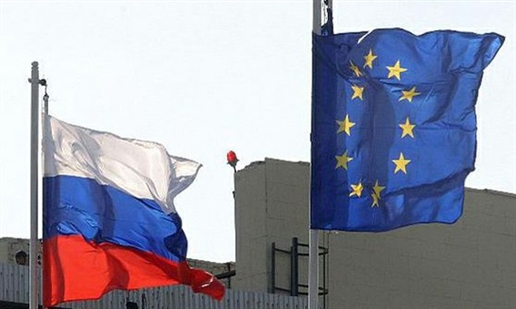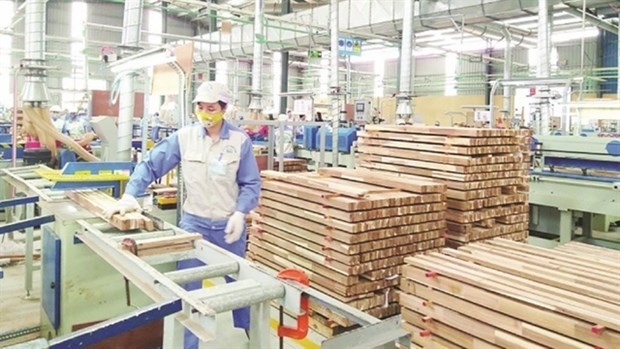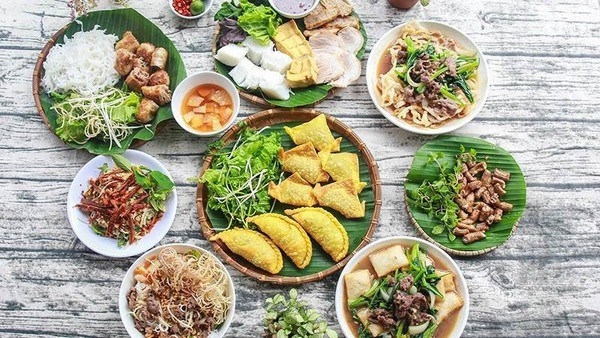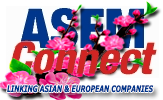EU asks WTO to rule on Russian pork import restrictions
Thursday, July 31,2014
AsemconnectVietnam - The EU requested the World Trade Organisation (WTO) in Geneva to rule over a dispute concerning the Russian ban on imports of pigs and their genetic material, fresh pork and certain other pig products from the EU, purportedly because of a limited number of cases of African Swine Fever (ASF) in certain areas of Lithuania and Poland, close to the border with Belarus.
Background
Russia closed its market to EU live pigs, pork and other related products – cutting off almost 25% of all EU exports – at the end of February 2014. It based its decision on four cases of African swine fever (ASF) detected in wild boars at the Lithuanian and Polish borders with Belarus, ignoring the measures that the EU and the Member States imposed to combat the disease and to contain the spread of the virus.
Trade facts and figures
This trade ban has exposed the EU farming sector to significant losses. In 2013, i.e. in the year preceding the Russian restrictions, the value of EU pork exports to Russia reached €1.4 billion, which was around 25% of the whole EU exports. Russia is the EU's third largest trading partner and the EU is Russia's second largest export destination for agricultural products. Overall, in 2013, the EU exported €123 billion of goods to Russia and imported €232 billion worth. While Russian exports to the EU are mainly raw materials (80%), EU exports to Russia are mostly vehicles, medicines, machinery and transport equipment, but also agricultural products.
African swine fever in Russia
The virus of African swine fever (ASF) is a lethal, infectious disease of pigs which is harmless to humans or other animals. The virus strain found in the few dead wild boars in Lithuania and Poland matches the virus strain in Russia. The Russian import ban covering unaffected areas in the EU is in stark contrast to the Russian domestic situation. Since 2007, Russia reported around 600 cases in wild boars and 400 ASF outbreaks in farms affecting 500,000 domestic pigs. Against this backdrop, there is little doubt that the disease spread from Russia to Belarus and from Belarus to the EU. The EU calls upon Russia to urgently increase its domestic efforts to eradicate and control ASF and lift its unjustified trade ban against unaffected areas in the EU.
Source: bloomberg.com
Blockchain facilitates international trade
Vietnamese businesses updated on India’s new foreign trade policy
Vietnam, UAE to soon kick off negotiations of comprehensive economic partnership agreement
Ben Tre seeks to boost export to China
Vietnamese businesses updated on India’s new foreign trade policy
Vietnam-Russia business forum attracts 200 firms
Vietnam, Singapore talk cooperation in logistics
Vietnam commits to building prosperous, fair, healthy Mekong River basin: PM
Vietnam, the Netherlands promote exports through digital environment
Vietnam learns from RoK’s experience in agricultural development
China, Singapore conclude upgraded FTA negotiations
Japanese investors highly appreciate Vietnamese property market
Germany ready to assist Vietnam in energy transition: official
Vietnam, China’s Guangxi promote economic cooperation in new era

Plan on implementing Decision No. 327/QD-TTG dated March ...
Concretize viewpoints, objectives, tasks and solutions of the plan in accordance with practical conditions of the locality, associating ...Plan on implementing national environmental protection ...
Implementation plan of marine aquaculture development ...
Program on conservation and development of Vietnamese ...
Plan on improving quality of human resources to 2025 and ...

Efforts taken to turn culinary culture into national ...
The Vietnam Cuisine Culture Association (VCCA) is taking steps to implement a project to build and develop Vietnamese culinary culture ...Vietnamese cuisine making a name for itself with ...
Vietnam advance to next round of AFC U20 Women’s Asian Cup
Cultural tourism and traditional values promoted through ...



